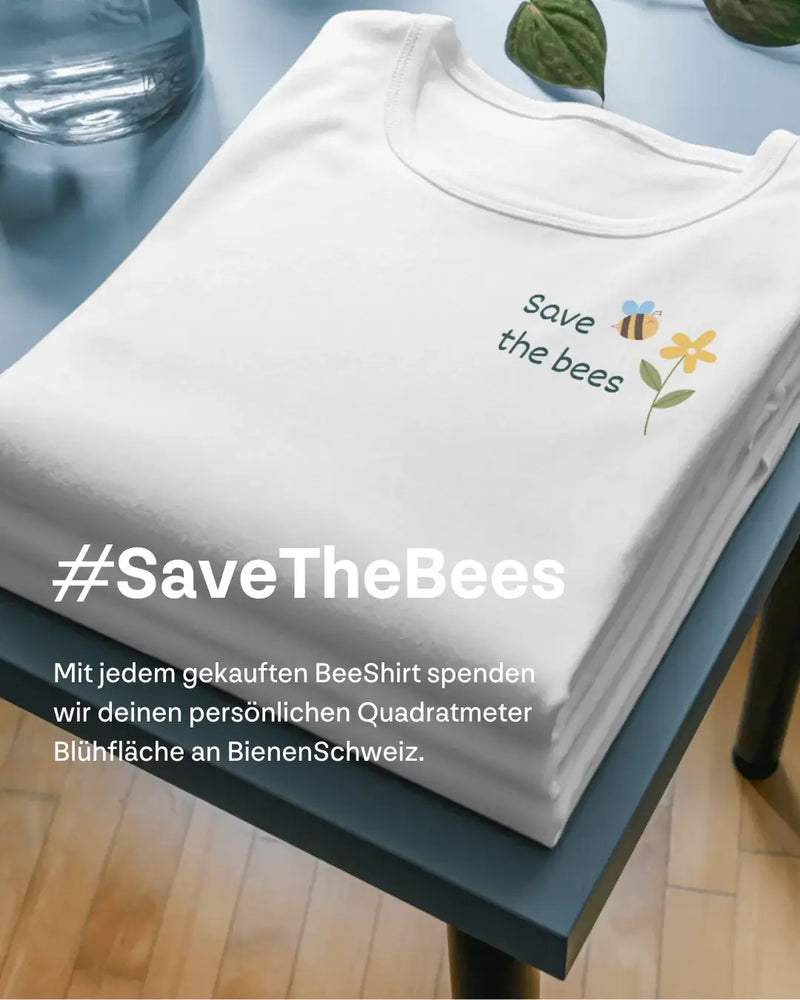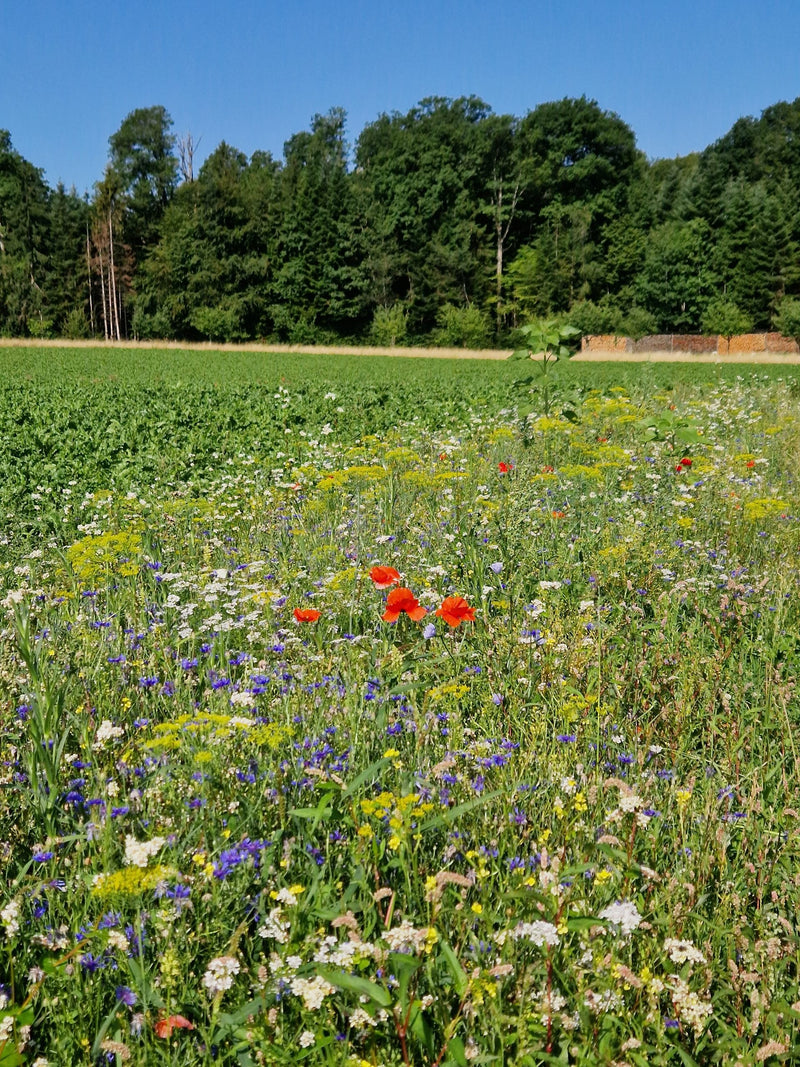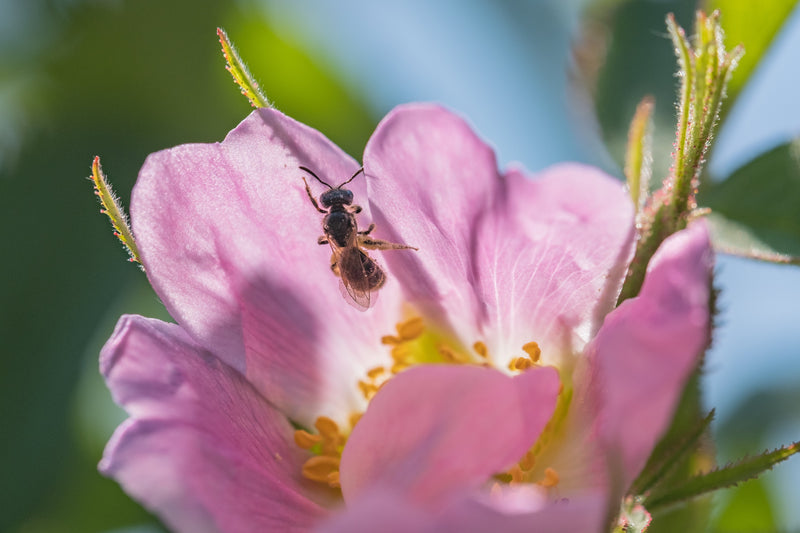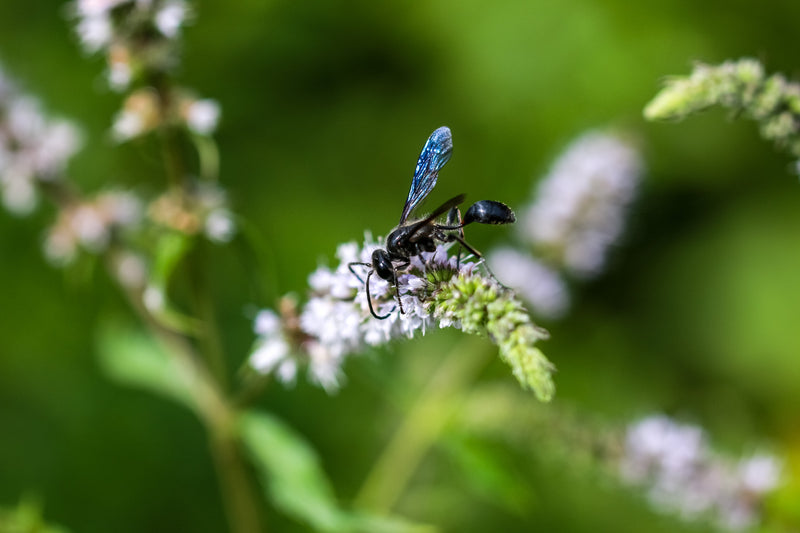-


BeeShirt Save the bees
Regular price 59,90€Regular priceUnit price per -


BeeShirt Sweet like honey
Regular price 59,90€Regular priceUnit price per -


BeeShirt Bee good.
Regular price 59,90€Regular priceUnit price per -


BeeShirt Don't worry
Regular price 59,90€Regular priceUnit price per -


BeeShirt Bee
Regular price 59,90€Regular priceUnit price per

By purchasing a BeeShirt, you too become part of this important mission. For every shirt sold, we donate one square meter of flowering area. This direct support enables us to actively create and maintain habitats that are crucial for the survival of bees and the maintenance of biodiversity. Wear your shirt with pride, knowing that you are helping to preserve our environment and promote the health of our bees.

Our bees are essential for the pollination of many plants and thus make a significant contribution to biodiversity and our nutrition. By creating flowering areas, we support the health of bees and make an important contribution to the preservation of our ecosystems. In Switzerland, around 45% of the more than 600 wild bee species are endangered. Many of these wild bee species are so-called oligolectors , which means they depend on a specific plant species as a source of food. Unfortunately, in the so-called "green desert" of intensive agriculture, they often do not find enough flowers and nesting opportunities. It is up to us to help these specialized bee species and preserve our biodiversity by promoting meaningful flowering areas and habitats.

With every BeeShirt sold, we make a direct contribution to the preservation of bees. In collaboration with BienenSchweiz, we initiate projects to create new flowering areas. This measure not only improves the food supply for bees, but also helps to strengthen their populations. The continuous availability of flowering plants throughout the entire season ensures the survival of bees and promotes the health of the colonies.

Creating flowerbeds is a crucial step in promoting a sustainable environment. Not only does it improve the ecological balance, but it also adds to the beauty of the landscape. By planting a diverse range of flower species, we provide an oasis for bees and other pollinators, which in turn help pollinate the plants on which our food production depends. This symbiotic relationship not only supports bees, but also agricultural productivity and diversity.






























